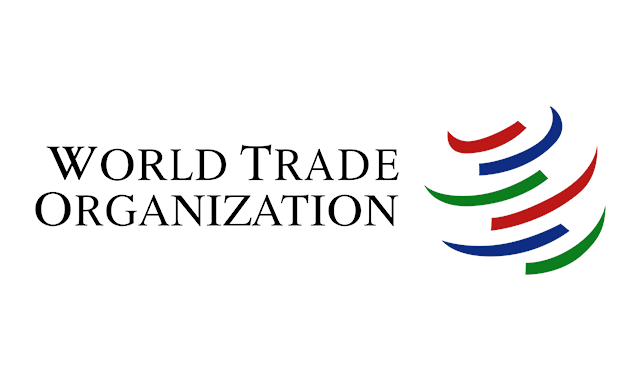In July of 2017, China notified the World Trade Organization (WTO) that they would no longer be accepting certain scrap materials. From the July 18th filing with the WTO: “By the end of 2017, China will forbid the import of 4 classes, 24 kinds of solid wastes, including plastics waste from living sources, vanadium slag, unsorted waste paper and waste textile materials.”
The reasons cited for the change from the filing: “we found that large amounts of dirty wastes or even hazardous wastes are mixed in the solid waste that can be used as raw materials. This polluted China’s environment seriously. To protect China’s environmental interests and people’s health, we urgently adjust the imported solid wastes list, and forbid the import of solid wastes that are highly polluted. Protection of human health or safety; Protection of animal or plant life or health; Protection of the environment.”
How it’s worked
CNN Money explains how the scrap and waste trade has worked between the U.S. and China:
- Each year a large number of container ships full of consumer goods travel from China to American ports.
- Since the U.S. doesn’t have as many consumer goods traveling back to China, the containers aren’t needed for the return trip.
- As a result, the shipping companies offer reduced shipping rates for the return leg.
- The U.S. recycling industry which, according to CNN Money has an “abundance of the scrap metal, paper, plastic, rubber and electronics that Chinese recyclers crave,” has taken advantage of those reduced shipping rates. Making it cheaper for many west coast states to ship recyclable to China than sending by rail within the U.S.
Impacts so far
- Reuters reported at the end of September that Hong Kong has been hit hard by the ban. “Huge mountains of old newspapers, cardboard and office scrap paper are piling up on Hong Kong’s docks and its waste-paper collection sites are at bursting point. A flotilla of cargo ships laden with paper meant for recycling has been stuck for weeks in local waters.”
- Reuters is also reporting that online retailers like Amazon are facing cardboard price rises since a large number of their cardboard boxes come from China.
- Also, some China paper mills are reporting that paper prices have doubled.
- In the U.S., there are reports from recyclers in the Pacific Northwest that they’ve had to landfill certain recyclables because of the ban.